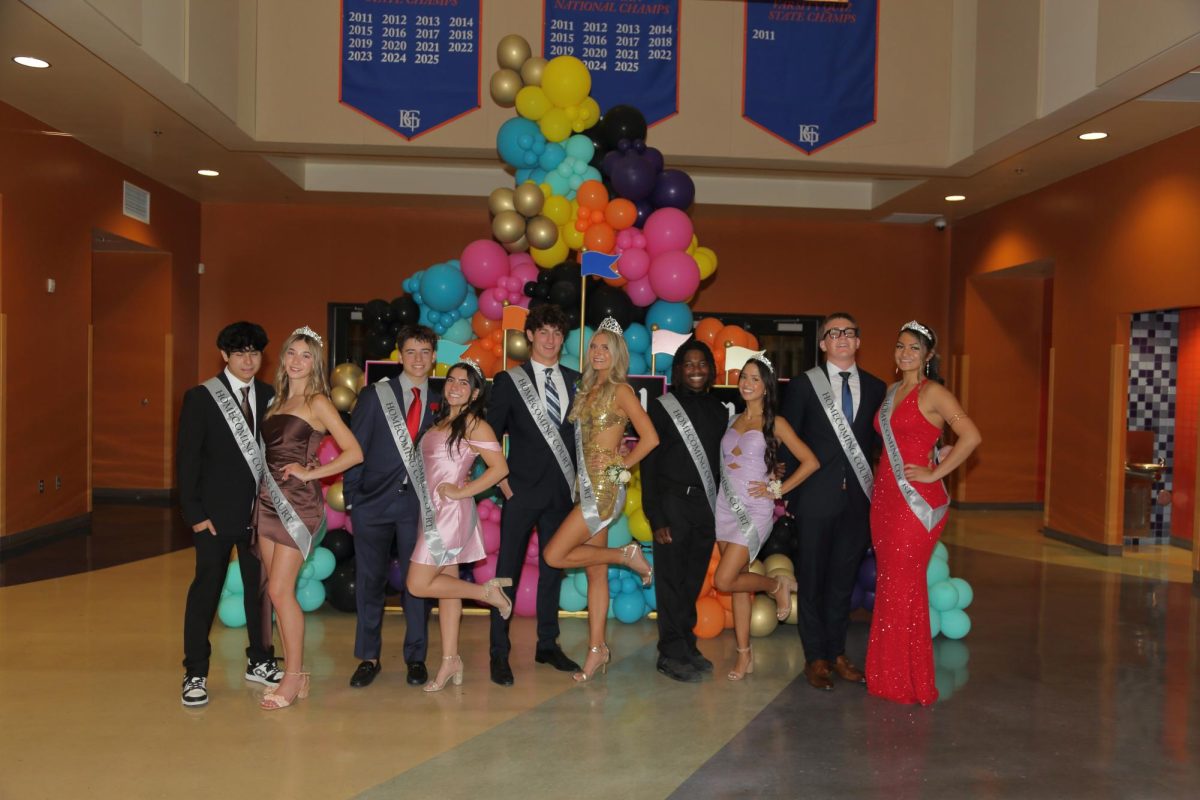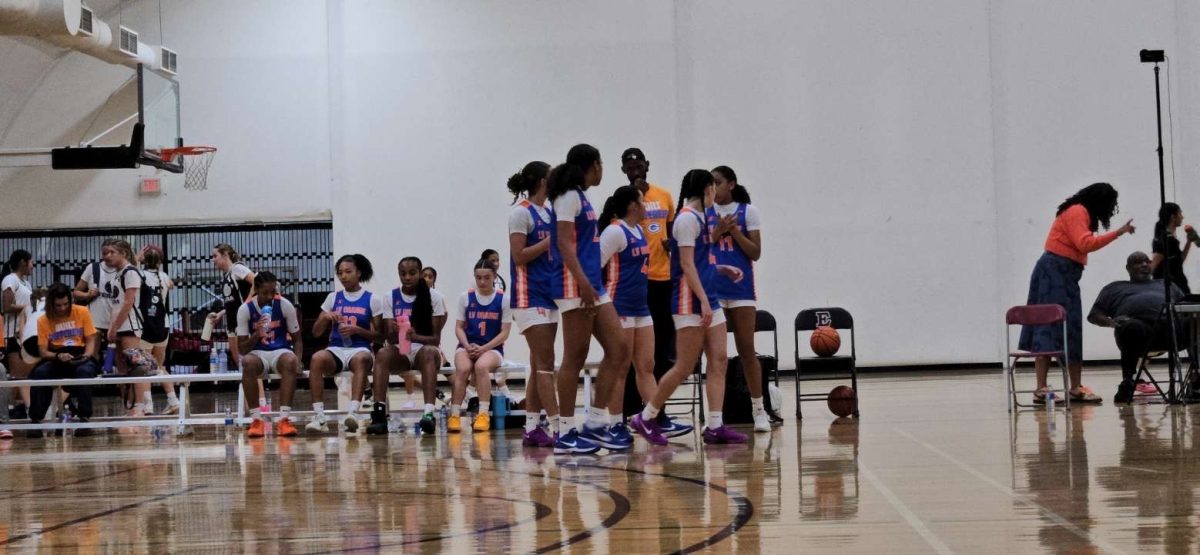Top five book tropes that need to go
Book tropes are inescapable, no matter what book you read. From high fantasy to realistic fiction, there is bound to be cliches littered throughout the plot. Though, there are some tropes that can take a five star book down to a one star. These are the top 5 book tropes that need to go.
Note: These are all a matter of personal opinion.
Broody, Dark Male Leads (Who Are Actually Just Abusive)
While there are an abundant number of broody, dark male leads in literature; there has been an increasing number of male leads that fall into the category of having no redeeming qualities. Popular in the romance genre, these male leads will treat the main character horribly under the guise of being dark and broody. Their treatment will vary from bullying to acts that are downright criminal. For example: it is not particularly romantic for the main character to be held against her will in a vampire’s secret lair until they love him. That is a criminal offense. It is not justifiable because he is alluring and dejected. For that reason, this book trope has got to go.
Idiot Plots
The idiot plot is a trope coined by James Blish that concerns a storyline that would have been resolved quickly if the characters weren’t idiots.¹ They only keep a story in motion because the characters do not take a second to think and rationalize, and act only out of pure impulse. While idiot plots can be justifiable if it is in character, they are endlessly frustrating from an audience standpoint. Because the scenario only happens to push the plot forward, it can make characters act OOC² since they are only acting in favor of the storyline. Idiot plots also run the risk of an audience blaming the author for their poor writing, rather than being frustrated with the characters. Once the audience becomes frustrated with the writer rather than the characters, the audience is separated from the book and the story’s immersion is broken.
“I’m Not Like Other Girls!”
The “I’m not like other girls” trope is rampant within the YA genre. It is used to set the main female character apart from other female characters, usually for being not as feminine. The first pitfall of this cliche is that most of these girls are like other girls. If you pick up a book with this trope, there is a good chance you can find a female character with the exact same description in a different book on the same shelf. None of these girls are unique; they just don’t embrace femininity. Many women don’t embrace femininity, and that is okay! Though, when the main character uses this to separate themselves from the rest of the female population, it comes off as “pick me” girl behavior. If you don’t know what that is, being a “pick me” girl is when a woman tends to put down other women for male approval. Which brings us to the second pitfall of the “I’m not like other girls” trope: while trying to distinguish their female character from others, authors tend to put down femininity. Every woman has a unique relationship with femininity: whether they reject it or they embrace it. The “not like other girls” trope reeks of misogyny as women who embrace femininity are criticized for being themselves. Note to authors: you can make your female characters unique without putting other women down.
Amnesia as a Reset Button
While medically amnesia has varying symptoms and severities, amnesia in books tends to always serve a similar purpose as a reset for the affected character. It’s a writer’s “get out of jail free card” so they do not have to write the consequences of the plot.
Did the main character get in a heated fight with the love interest? Boom, amnesia! Does the main character have years of trauma from being on the battlefield and just wants a normal life? Boom: amnesia! Has one of the side characters found the secret to defeating the villain, but there’s 10 chapters left in the book? Boom: you guessed it, amnesia! The thing is: amnesia is a medical condition, not a restart button. Using it as such is way too convenient & underwhelming. Amnesia is a terrible trope not because of what it is, but because of how it’s executed. It’s used as a way to dodge consequences created within the story without creating plot holes. In return, it comes off as lazy writing. If amnesia is used in writing, it should have the consequences that come with having amnesia. Take example one: if the main character has a heated fight with their love interest and then gets amnesia, have them forget the love interest all together. Have them have to rebuild that bond. Let the love interest have an internal struggle on whether to never tell them about what they were fighting about and possibly betray their trust, or tell them the truth and risk losing them again. Amnesia has consequences, and when it is used as a reset button; it’s boring and too convenient.
Death For Impact, Not Story
Killing off a character needs to be handled with care by the author since it changes the whole trajectory of a book. They need to take the consequence of the death within the story and the character’s arc, and how it affects other characters all into consideration. Though, some authors will kill characters purely for shock value. The death makes no sense within the story, and the plot could have continued just fine if the character was still alive. Killing a character for shock value also leaves their arc unresolved and feels frustrating overall. It makes the audience question: What was the point? A subcategory to the “Death for Impact” trope that also needs to go is Fridging. Short for “Women in Refrigerators,”³ the trope encompasses storylines where a female character (usually a love interest or family member) is killed or injured for the development of another character (usually male). The trope is heavily misogynistic as it treats women’s lives and pain as plot devices to motivate men. It is lazy writing to generate angst and does nothing for the female character’s overall story or characterization.






























